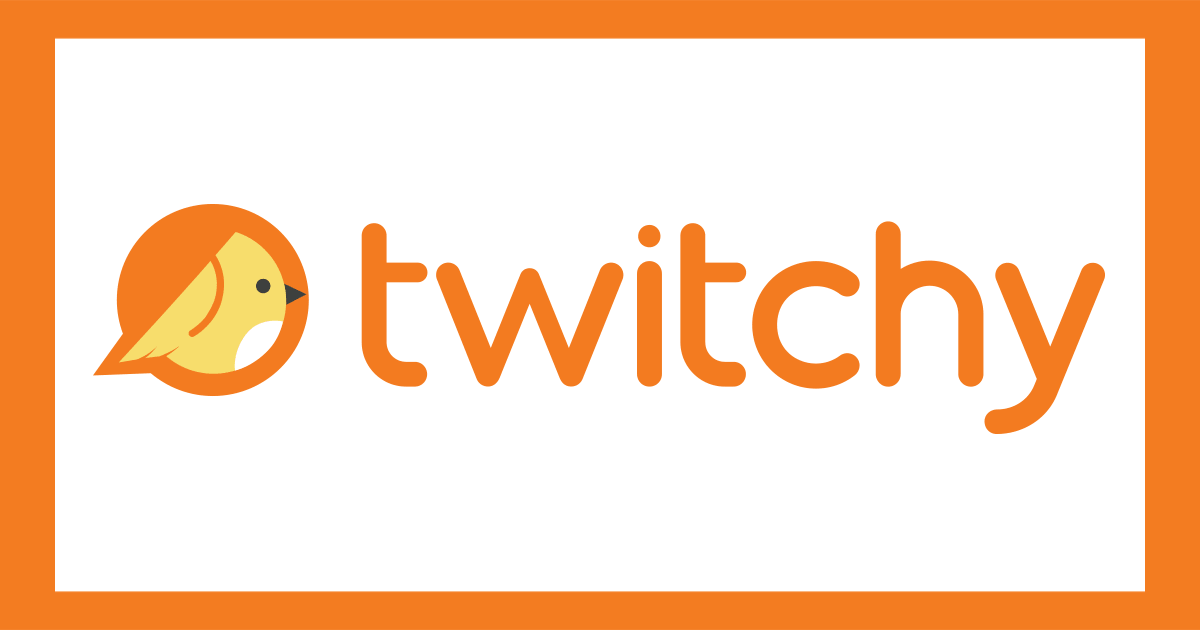Byron York shared this thread on Russian trolls from Chris Bail, a professor at Duke and the director of the The Polarization Lab, which brings together machine learning and social science to reduce political polarization on social media.
Reading though this we can see why Byron shared it (and why we totally had to as well):
1/n Did Russian trolls actually influence the attitudes and behaviors of U.S. social media users? Our Polarization Lab’s new article suggests the answer might be “no” https://t.co/9irCnC1NLx
— Chris Bail (@chris_bail) November 25, 2019
The answer might be no.
Whoda thunk?
2. Many people think Russian trolls exerted strong influence upon U.S. social media users because of the sheer scale and apparent sophistication of their techniques. There is also anecdotal evidence that IRA accounts succeeded in inspiring American activists to attend rallies.
— Chris Bail (@chris_bail) November 25, 2019
3. Though many studies have analyzed the content and strategy of these campaigns, to our knowledge, no studies have examined whether they actually shaped the attitudes or behaviors of large groups of U.S. social media users.
— Chris Bail (@chris_bail) November 25, 2019
So wait, Americans weren’t dumb enough to be fooled by Russian trolls?! Gosh, we’re shocked.
4. Unfortunately, studying this question is very hard. Experiments that dispatch the type of messages produced by trolls are unethical… And data on trolls is hard to collect in real time.
— Chris Bail (@chris_bail) November 25, 2019
5. Fortunately, Twitter shared a large dataset that described the accounts associated with the IRA campaign. We linked these data to a longitudinal survey of Republicans and Democrats who use Twitter that we fielded as part of another study in late 2017.
— Chris Bail (@chris_bail) November 25, 2019
Recommended
6. We studied whether interacting with trolls shaped six political attitudes and behaviors during this period (including both people’s opinions about specific issues as well as Republicans’ and Democrats’ perceptions of each other).
— Chris Bail (@chris_bail) November 25, 2019
7. Though our analysis has important limitations (see below), we found no significant effects of interacting with trolls for any of our outcomes. We also found that the people who are mostly likely to interact with trolls are primarily those who are already highly polarized.
— Chris Bail (@chris_bail) November 25, 2019
No significant effects and people who interact with trolls are already polarized.
Huh.
8. This finding is consistent with the theory of “minimal effects” in political communication research. The people who are most likely to engage with political messaging are the least likely to be influenced by it.
— Chris Bail (@chris_bail) November 25, 2019
9. Indeed, a recent study indicates the net effect of most political campaigns is probably zero. If the most sophisticated American campaigns can’t really influence voters, why should we expect the Russians to be anymore successful?
— Chris Bail (@chris_bail) November 25, 2019
And Bingo was his name-o.
10. It is also possible we found no effects simply because interactions with trolls were relatively rare and usually very brief/sporadic. Things might have been different if interaction was more widespread and extended over protracted time periods.
— Chris Bail (@chris_bail) November 25, 2019
But Rob Reiner has assured us Russians are to blame for Hillary’s loss.
11. Our study has *many* limitations. We only studied one social media platform over one month, and we were not able to look at whether troll interaction shapes perceptions of trust, voting behavior, and other more indirect forms of influence.
— Chris Bail (@chris_bail) November 25, 2019
12. We also were not able to determine whether trolls had more influence during earlier periods such as the 2016 election, or if their influence has evolved to become more impactful in the U.S. (or elsewhere) since the period of our study 2017.
— Chris Bail (@chris_bail) November 25, 2019
13. Importantly, we also weren’t able to measure many types of exposure to trolls—we only capture troll interactions through likes, mentions, follows, retweets, and exposure via others who interact with them in such ways.
— Chris Bail (@chris_bail) November 25, 2019
14. In short, ours is a very preliminary study of an extremely complex issue, and above all we need many more studies to understand how trolling by foreign adversaries impacts the American electorate.
— Chris Bail (@chris_bail) November 25, 2019
15. For now though, we think our finding is an important reminder that the American public is not tabula rosa and may be more difficult to manipulate than many people think.
— Chris Bail (@chris_bail) November 25, 2019
In other words, Americans are smarter than Democrats think.
16. Or, a more depressing conclusion may be that we had already thoroughly polarized ourselves long before Russia intervened.
— Chris Bail (@chris_bail) November 25, 2019
Fair.
17. If you are interested in our lab’s ongoing research on social media and political polarization, consider checking out https://t.co/yOAB6XduNt, or look out for a new book I am writing for Princeton University Press next year.
— Chris Bail (@chris_bail) November 25, 2019
18. Also, please check out the amazing research of my wonderful collaborators (on Twitter) who made this paper much better than I ever could have by myself: @BrianMGuay, @emilykmaloney,@CombsAidan, @fmerhout, @dfreelon
— Chris Bail (@chris_bail) November 25, 2019
Actually pretty amazing stuff here, folks, and definitely worth your time.
Related:

























Join the conversation as a VIP Member